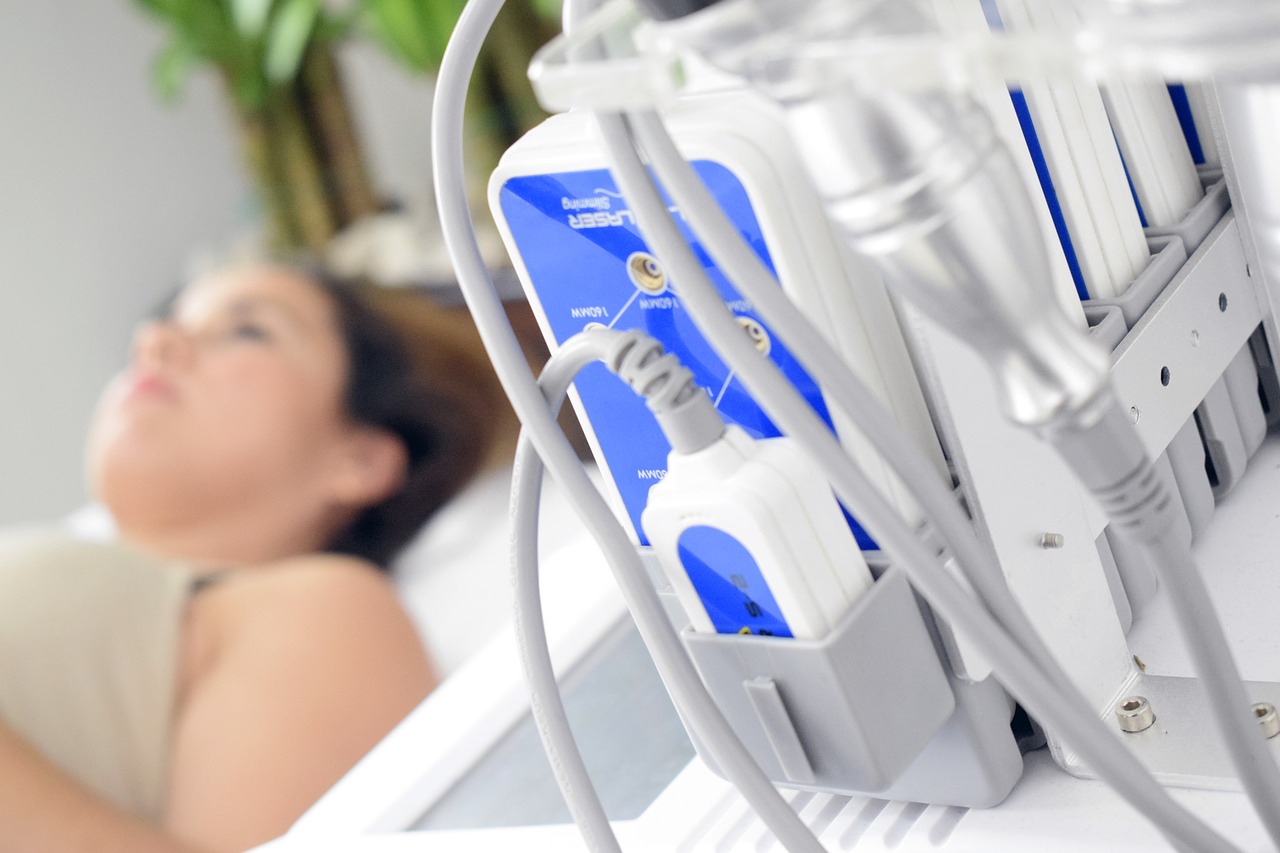 When it comes to women’s health issues, screening can prevent a lot of pain, hardship, and complications. Women’s health conditions can be complex. They are often stigmatized. Women and men alike don’t want to talk about the health issues that only women face. However, it is completely necessary to not just talk about these conditions but to spread awareness. Awareness and conversation lead to more screenings, which can mitigate complications from women’s health issues and prevent deaths. Continue reading below for some women’s health conditions that you should be screened for.
When it comes to women’s health issues, screening can prevent a lot of pain, hardship, and complications. Women’s health conditions can be complex. They are often stigmatized. Women and men alike don’t want to talk about the health issues that only women face. However, it is completely necessary to not just talk about these conditions but to spread awareness. Awareness and conversation lead to more screenings, which can mitigate complications from women’s health issues and prevent deaths. Continue reading below for some women’s health conditions that you should be screened for.
Table of Contents
Pap Smear for HPV/Cervical Cancer
While human papillomavirus (HPV) is typically asymptomatic in men, it can cause a lot of health issues in women. It could be better for a woman to have symptoms because if left undetected, HPV can lead to cancer in the cervix. It’s imperative to get screened for both HPV and cervical cancer. Some medical services offer a joint test. Even if you have symptomless HPV and no cancer, knowing that you are carrying the virus will not only help you stop spreading it, but you can also keep an eye on the health of your cervix. Screening for HPV and cervical cancer saves lives.
Other STI Screenings
Screening for HPV and cervical cancer is a lot more important than testing for other STIs, but that doesn’t mean you shouldn’t get screened for those too. Every person, STI, and situation is different, but if left undetected and untreated they can cause a lot of health problems in women. Typically, women have more symptoms in response to STIs than men do. Whether you’ve been having unprotected sex, only did it once, or simply want to see where you’re at and gain peace of mind, getting an STI screening is a very important part of women’s health.
Mammogram
One of the most significant health issues for women is breast cancer. Around a half a million women die around the world every year from the disease. While breast cancer can occur in men, it is much more common in women. A mammogram is a screening for breast cancer. You should have one regularly, especially if breast cancer runs in your family. It’s vital to detect cancer as soon as possible. When you get screened for breast cancer regularly, the doctors will be able to find cancer as soon as possible, provide the necessary treatment, and avoid having to take the breasts out. Breast cancer is very hard. Don’t put off a mammogram because you’re anxious about it. It’s a lot better to know sooner.
Colonoscopy
It isn’t exclusive to women, but everyone over the age of 50 should have a colonoscopy every year or so to check for colorectal cancer. It is necessary to get this screening done to detect cancer as soon as possible to avoid surgeries, chemotherapy, and other complications. When you get older, a colonoscopy is necessary for everyone—men and women alike. It is preventative and should be a part of your regular yearly check-ups.
Dental Check Ups, Cleanings, and X-Rays
Believe it or not, when a woman is pregnant dental health is very important. Bacteria from the teeth can negatively affect the health of the mother and child. If you can’t afford dental work, you can travel to get the work done. When you’re pregnant, you should always do your best to get a dental checkup, cleaning, and x-rays done. Ask your hygienist questions about what you can do to improve your mouth health while you are pregnant. You won’t regret keeping up on your oral health and preventing any pregnancy complications.
Women’s health is different from men’s, but there are also screenings that both genders should have done. Still, when you are women there are pivotal tests to be done. Whether it’s a screening for HPV and cervical cancer, a mammogram, or a dental check up during pregnancy, screenings are very important. Not only can you prevent disease, but you can also detect when you have cancer, an STI, or something else, you can get the treatment you need earlier. Conversation needs to happen about women’s health. Awareness comes from conversation. Pain, discomfort, and complications can all be avoided through screening.

